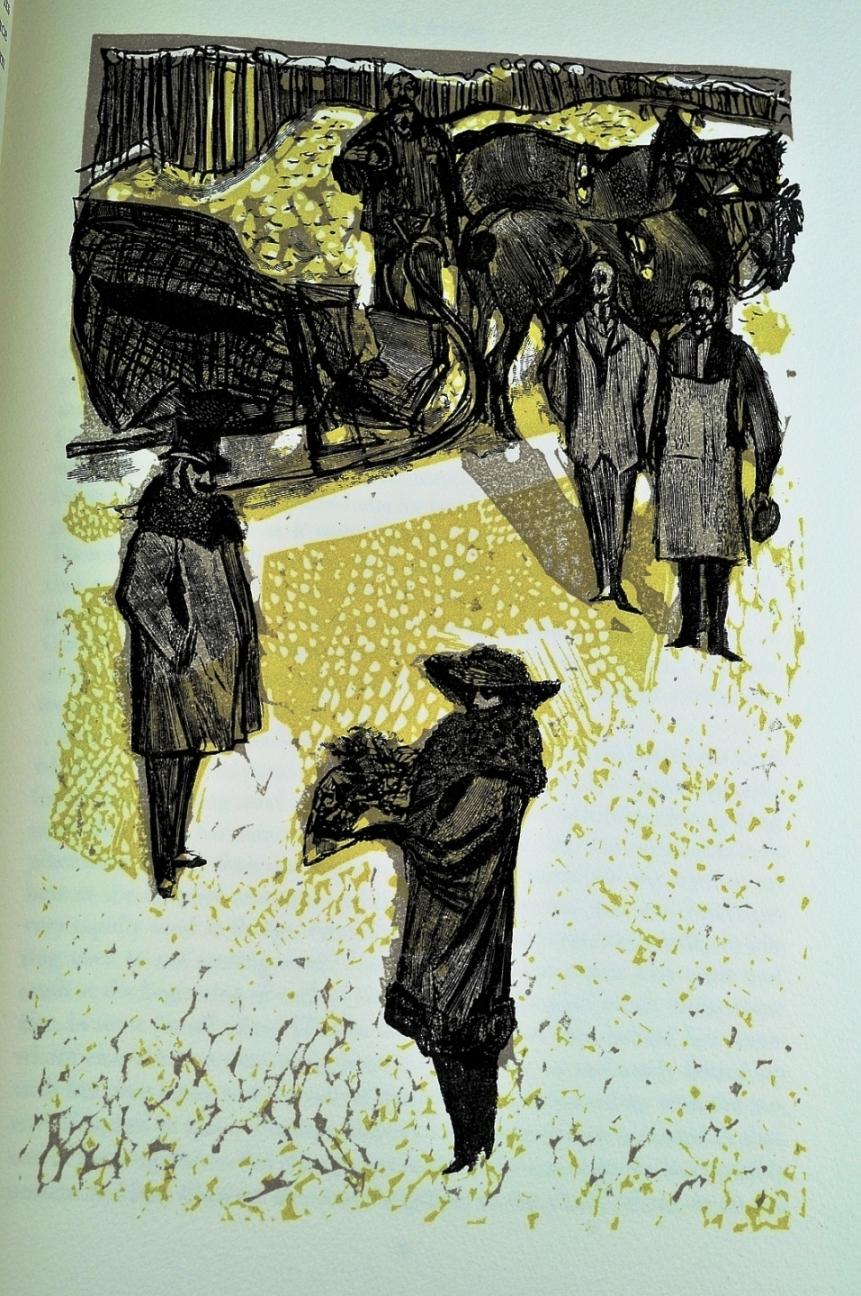
Where Lowe-Porter has us "press a finger delicately to our eyes"-which makes no sense-Woods has us "dab the corner of the eye with one fingertip" to wipe away the tears upon leaving the innocent Hans.I n his influential commentary on Thomas Mann’s 1924 novel The Magic Mountain, the scholar Hermann J.

Woods is the much clearer version of the Dutchman's pathetic confession.Īt the end of the novel, when the narrator is saying farewell to Hans Castorp, it's once more evident that Woods has the advantage of a clearer interpretation. On the other hand, Lowe-Porter did not tone down Mynheer Peeperkorn's drunken speech on impotence-rather, muddled it. (For "in Gottes Namen" she wrote "Heaven forbid"-which Woods rightly translates as "for god's sake." Later, another in Gottes Namen appears as "Dear me" in Lowe-Porter's version and as "But good God" in Woods'.) Thus, one benefit of this new Englishing is the disappearance of the genteel treatment of Mann's occasional rough-hewn expressions. He has smoothed out Mann's periodic sentences so that they do not read choppily (Lowe-Porter's translation often does) and has replaced Lowe-Porter's sometimes delicate avoidances. Woods has carefully evaluated these contrasts and chosen a style that neither simplifies nor complicates. While the novel is not impenetrable in German, it is very discursive and swings between being flip (especially regarding the hero Hans Castorp) and ponderous (in the philosophic paragraphs that discuss Life and Nature). Mann might be thought of as a kind of philosopher-jeweler who looks at his characters and their situation as though he were examining a faceted gem.

"The Magic Mountain" is not a traditional late-19th Century narrative but an acute analysis of human beings under threat of death.

Therefore, tone is crucial in properly translating the novel.

The novel has a narrator, a nameless spirit who looks down on the happenings at the Berghot sanatorium with benign amusement, displaying the "Olympian hauteur" that George Steiner complained about in Mann's works.


 0 kommentar(er)
0 kommentar(er)
